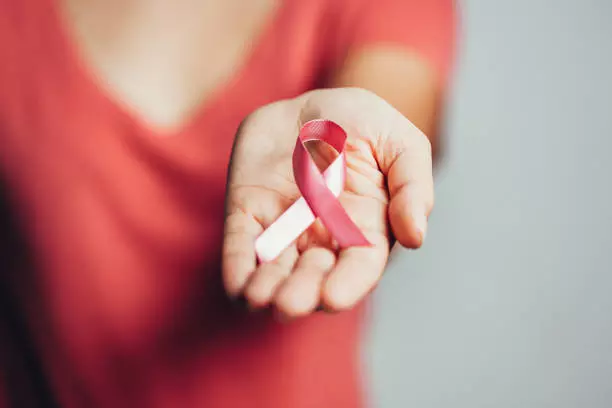
BMI spike linked to breast cancer risk in post-menopausal women
New study highlights how changes in body mass index, combined with heart evaluations, could indicate increased risk of breast cancer in post-menopausal women

A new study published in the journal Cancer suggests that being overweight could increase the risk of breast cancer in post-menopausal women with heart disease.
The study highlighted that a spike in BMI, along with routine heart evaluations, could reveal how one’s body can be at a risk of breast cancer, particularly in post-menopausal women. Therefore, the study emphasizes the importance of understanding how everything in the body is connected.
Check on obesity
The study, which was conducted by the World Health Organisation (WHO) found that each 5 kg/m² increase in BMI was linked to a 31 per cent higher risk of breast cancer in women, who also developed cardiovascular disease during the study period. In contrast, women without cardiovascular disease had a 13 per cent higher risk of getting breast cancer with each 5 kg/m² rise in BMI.
Also read: Anixa's breakthrough vaccine: Can breast cancer be prevented?
While it is important to keep a check on obesity for one's heart health, now, according to this study, it is also vital to watch your weight to protect yourself from cancer.
Obesity linked to cancer
Dr Sujay Susikar, senior consultant, surgical oncology and robotic surgeon at Kauvery Hospital, concurs with the findings of the study.
He told The Federal, “Obesity is directly linked with a risk of breast cancer, especially in menopausal women. Obesity leads to a high estrogen level due to its fat production capacity in menopausal women and estrogen levels influence the risk of breast cancer. Since estrogen can stimulate the growth of breast cells, it can increase the risk of breast cancer. Prolonged exposure to high levels of estrogen has been linked to an increased risk of developing breast cancer."
This is the reason experts underscore the importance of regular screening in post-menopausal women with high BMI and those suffering from heart diseases.
Weight gain after menopause
Dr Veda Padma Priya, senior consultant in breast oncology at MGM Healthcare explained to The Federal how a lot of women tended to gain weight after menopause. Weight gain in women after menopause increases the risk of developing breast cancer. Also, women are at a higher risk of cardiovascular disease after menopause considering the absence of the cardio-protective effect of estrogen.
Two large-scale studies based in the UK and Europe looked into the risk of developing breast cancer in post-menopausal women with weight gain, cardiovascular disease and type 2 diabetes mellitus.
Also read: Breast cancer rising among young women in India, experts opine
Nearly 1,68,547 post-menopausal women free of cancer, cardiovascular diseases, diabetes mellitus were followed for more than 10 years. Out of this number, 6,793 women developed breast cancer over the study period.
Interestingly, they found that obese women with cardiovascular disease had 2.3 times more risk of developing breast cancer than obese women without cardiovascular disease. Type 2 diabetes did not have any such correlation.
"Both weight gain and cardiovascular disease is common in women after menopause. The results of this study prove that cardiovascular diseases is a risk factor for breast cancer along with obesity in post-menopausal women," pointed out Dr Veda.
Worrying results
While obesity is usually linked with a higher risk of cardiac illnesses, the new study sheds light on something even more concerning – post-menopausal women with heart disease and higher BMI, are likely to face a significantly higher risk of breast cancer.
Dr Shilpa S Menon, consultant cardiologist at SIMS Hospital talked about the hormonal changes a woman’s body undergoes after menopause. These changes already raise the risk for heart problems and now these same risk factors may be linked to breast cancer too, she pointed out.
"The change in hormone levels and also the changes in body such as increased inflammation due to fat tissue can affect more than just one system. Therefore, it is important for women, particularly with heart conditions to not ignore regular screenings. Gynaecologists, oncologists, and cardiologists should work together to guide women through this phase in their lives. With timely interference, we can get a grip on our problems early on, which can make a difference," added Dr Shilpa.

